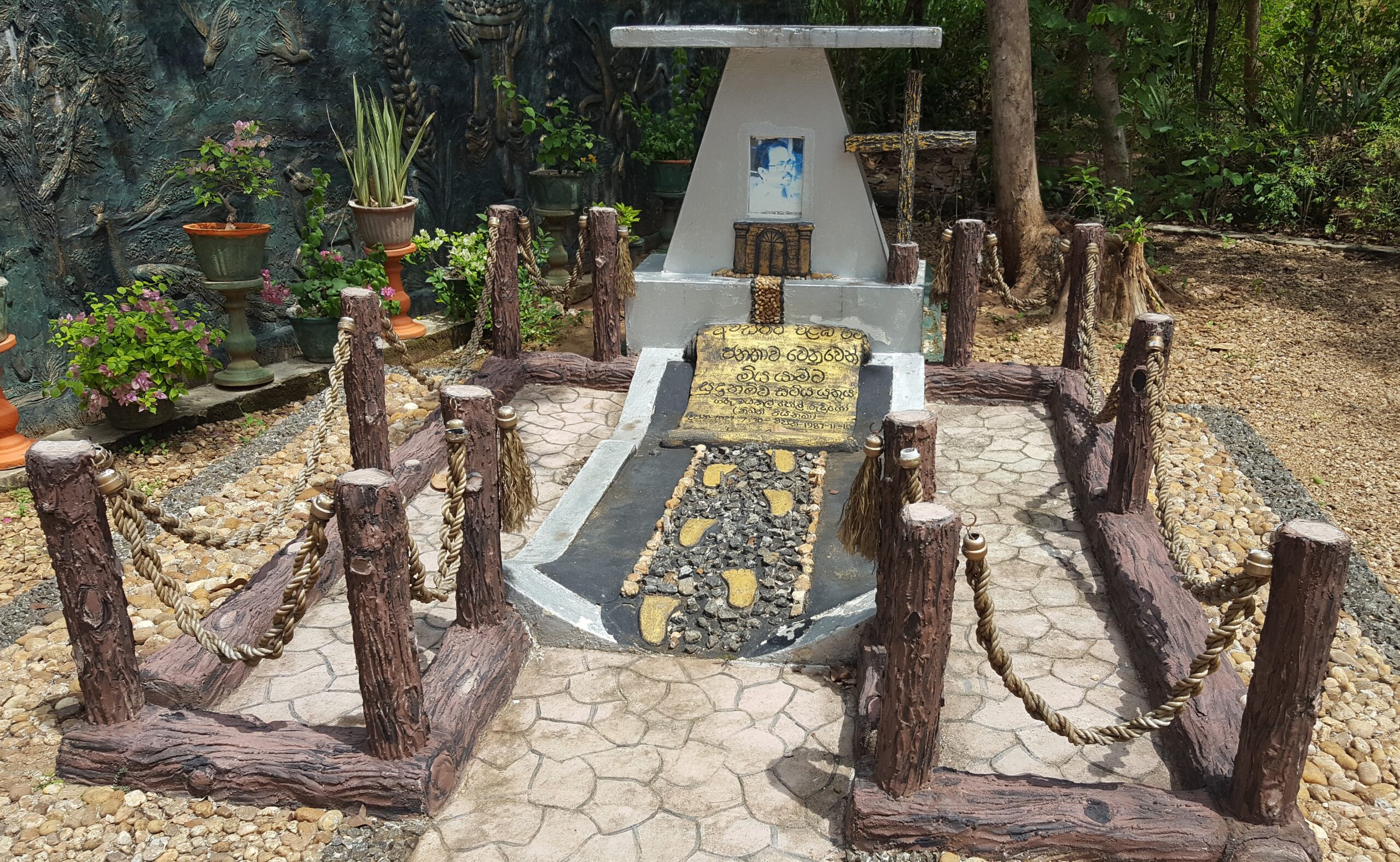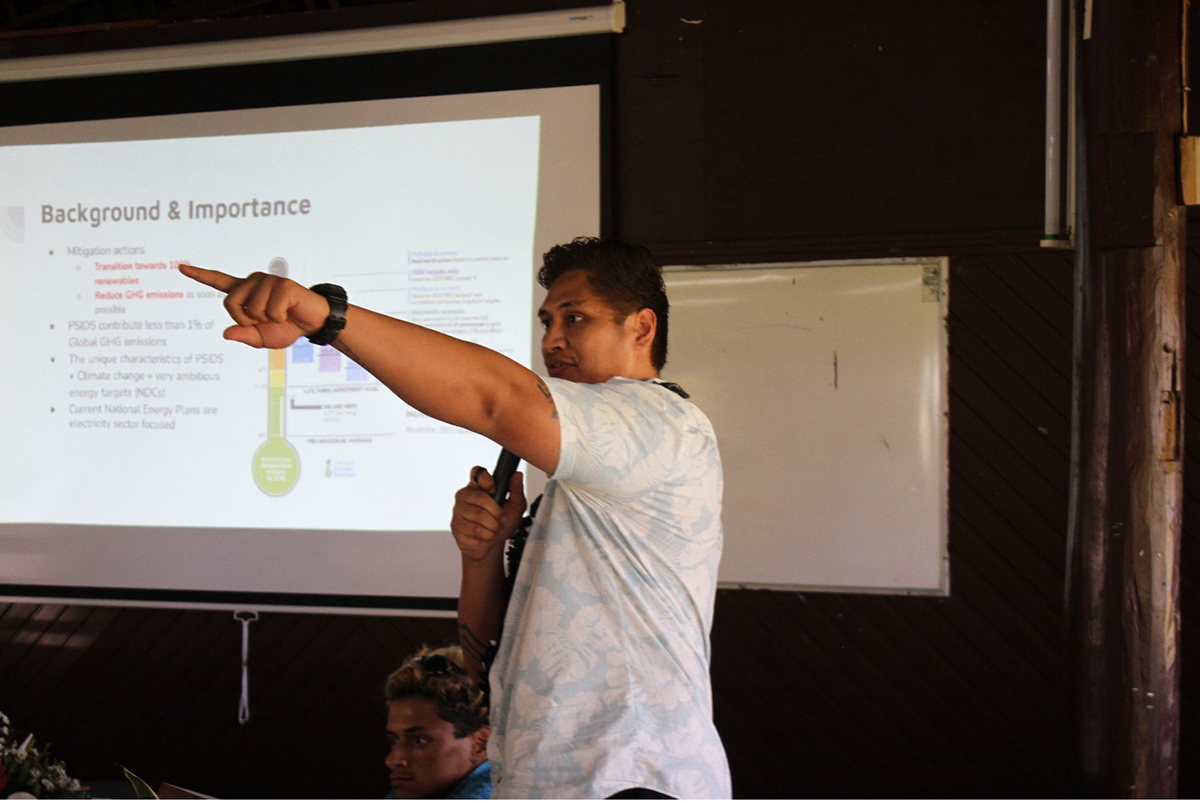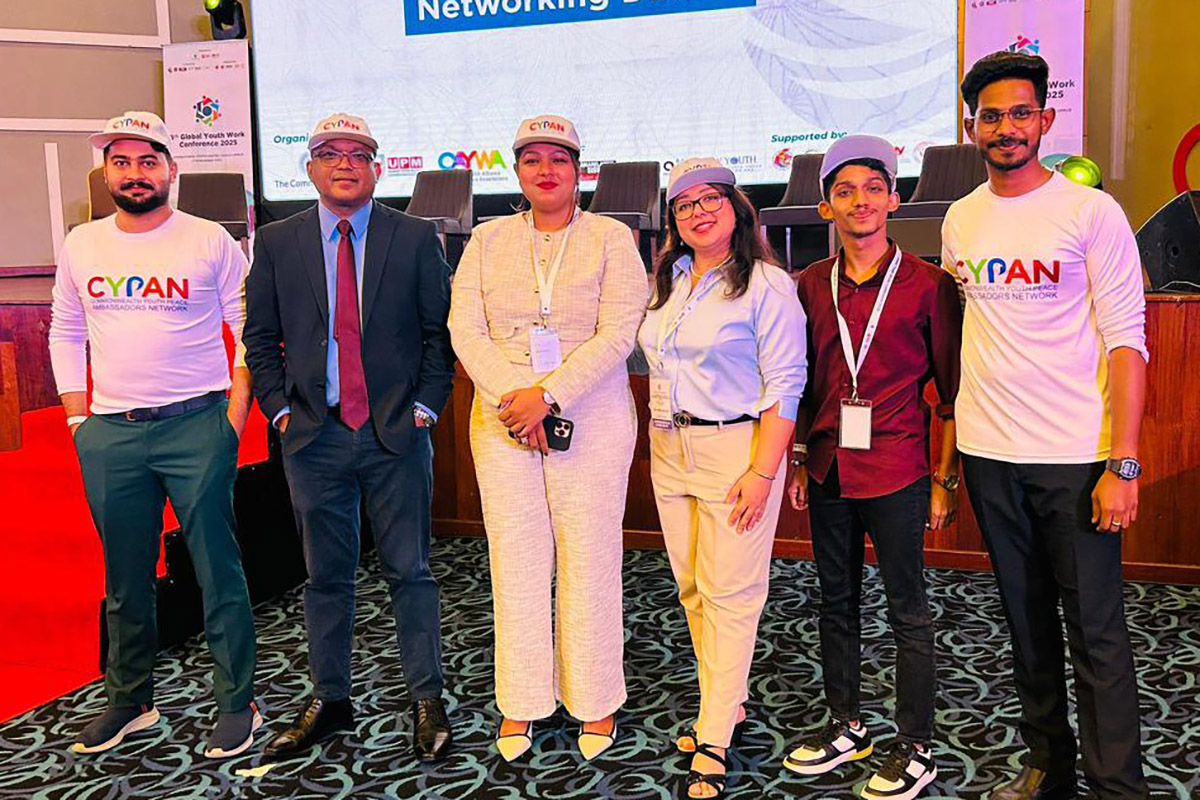“Honouring the legacy of a community hero”
April 17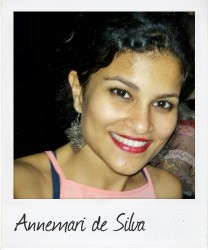 On the dirt road from Wellawaya to Buttala, there stood two little shacks in a small expanse of garden. One would often spot an elderly gentleman there dressed in a sarong and simple baniyan, writes Annemari de Silva, 27, a Correspondent in Colombo, Sri Lanka, as she tells the story of a respected community builder.
On the dirt road from Wellawaya to Buttala, there stood two little shacks in a small expanse of garden. One would often spot an elderly gentleman there dressed in a sarong and simple baniyan, writes Annemari de Silva, 27, a Correspondent in Colombo, Sri Lanka, as she tells the story of a respected community builder.
Peering out at the world from his characteristically oversized glasses, Fr. Mike, as he was referred to affectionately, seemed like any other villager from Buttala, an isolated farming village in the eastern district of Moneragala in Sri Lanka. Yet he was something quite out of the ordinary.
A double doctorate in Philosophy and Theology, Fr. Michael Rodrigo had turned down a lectureship at the Institut Catholique de Paris to work with the poor farming community in Buttala. He was an Oblate of Mary Immaculate, an order of priests who dedicate their lives to serving the poorest, most disadvantaged communities. Accompanied by Sisters Milburga and Benedict, Fr. Mike moved from Colombo, the capital city of Sri Lanka, to Buttala in 1980, where they set up the community centre Suba Seth Gedara, or ‘House of Blessings’. The trio would spend the next seven years transforming the lives of the villagers in the area. For Fr. Mike, this would be the last seven years of his life, his bloody assassination on the 10th of November 1987 forever staining the memories of the villagers who knew and loved him so.
The community in Buttala primarily engaged in sustenance farming but also sold their produce to the general market. However, Fr. Mike and the sisters noticed serious issues with their farming culture and tried to address them. The farmers often used agrochemicals and overfarmed their soil, gradually destroying the natural richness of the terrain. He also realised that the farmers were getting cheated on prices for their goods. To intervene, Fr. Mike began trainings in organic and sustainable farming – which was revolutionary in the 1980s in Sri Lanka, even though it is taken for granted now. He also helped the farmers manage prices and sales to make sure they got a fair deal. Fr. Mike, the sisters, and the team they had amassed also stepped in for the village in many governance capacities. For instance, when the village was struck by a devastating famine, it was Jinadasa, a writer and editor working with Fr. Mike, who gathered details on the farmers’ losses and demanded the local authority compensate them adequately.
For the children in Buttala, Suba Seth Gedara hosted creative activities and tuition classes to improve local education levels. For the first time in the history of the village, two students gained entrance into university thanks to these supplementary classes and their hard work. Padma is currently the principal of a school nearby, while Deepika stayed in Buttala to teach in secondary school and serve the community, just as Fr. Mike did.
“The most valuable lessons I learnt at Suba Seth Gedara had nothing to do with lessons, really,” said Deepika. “It was about myself. I developed self-confidence and I learnt how to be a good person, inspired by the way Fr. Mike and the sisters were. It was from them that I was instilled with the passion to do what I can for my village.”
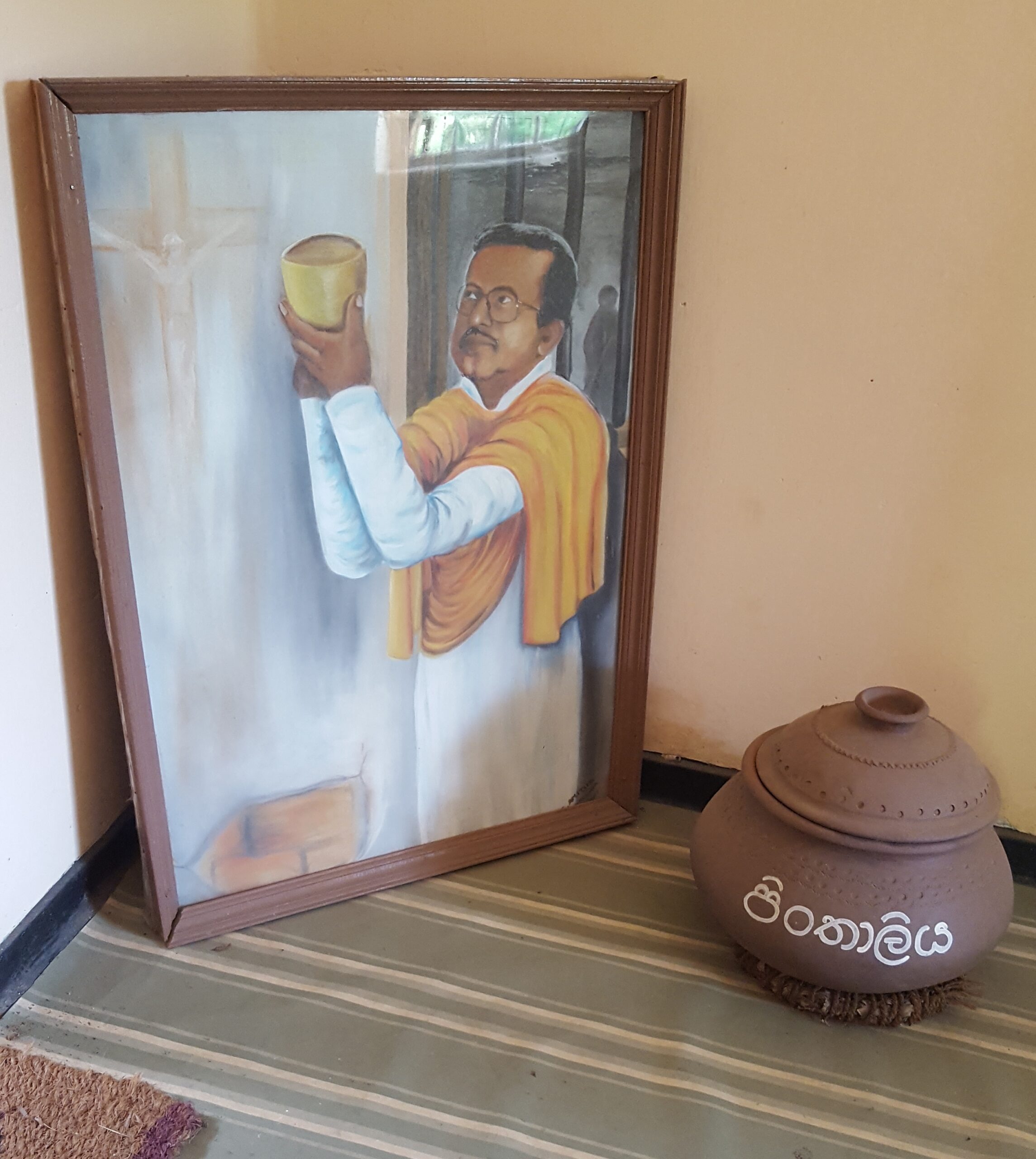 When I went to Buttala to gather information for a commemorative piece on Fr. Mike, there were only ever inspiring, heart-warming stories such as these. The townsfolk sincerely miss him, and the impact he made in their lives is manifest. However, the adverse conditions that Fr. Mike experienced in the early 1980s seem to prevail in the village under new guises.
When I went to Buttala to gather information for a commemorative piece on Fr. Mike, there were only ever inspiring, heart-warming stories such as these. The townsfolk sincerely miss him, and the impact he made in their lives is manifest. However, the adverse conditions that Fr. Mike experienced in the early 1980s seem to prevail in the village under new guises.
Previously, pollution and soil exhaustion occurred through individual farmers who knew no better. Now, in place of what was once a farming village agribusinesses have appeared, taking over much of the rich, fertile soil of the area. Fruits and vegetables are grown in mass for overseas export, none of which are seen in the market for the very workers employed there. The villagers, rather than tilling their own soil, are mostly contracted by these companies as cheap labour with no ownership over the village land nor the (literal) fruits of their labour. Moreover, pollution in the water sources in Buttala has reached poisonous levels. There is little the villagers can do, especially when a good water purifier costs about Rs. 40,000 – an incomprehensible amount where a stable government job would only pay in the range of Rs 20,000 a month.
It is with a heavy heart that I write commemorative articles about Fr. Mike. It is impossible, perhaps irresponsible, to write of his life and work without emphasising the current state of those he served. While Fr. Mike was able to change the habits of individual farmers and a small community, who could address this much more systematic exploitation of nature and community that currently prevails? It will certainly take more than an elderly priest in his humble sarong and baniyan, tottering around working for a community he so loved.
Reach me on Twitter: @anniedesilva
Photo credits: courtesy of Annemari de Silva
…………………………………………………………………………………………………………………
About me: I’m a cultural studies scholar, interested in the nexus between society, politics, and cultural production. I am passionate about civic engagement and encouraging the production of knowledge from formerly colonized countries and communities to challenge hegemonic discourse, academically and journalistically. I also write poetry, comedic non-fiction, and am easily distracted by dogs and similarly fluffy mammals.
…………………………………………………………………………………………………………………
Opinions expressed in this article are those of the author and do not necessarily represent the views of the Commonwealth Youth Programme. Articles are published in a spirit of dialogue, respect and understanding. If you disagree, why not submit a response?
To learn more about becoming a Commonwealth Correspondent please visit: http://www.yourcommonwealth.org/submit-articles/
…………………………………………………………………………………………………………………
